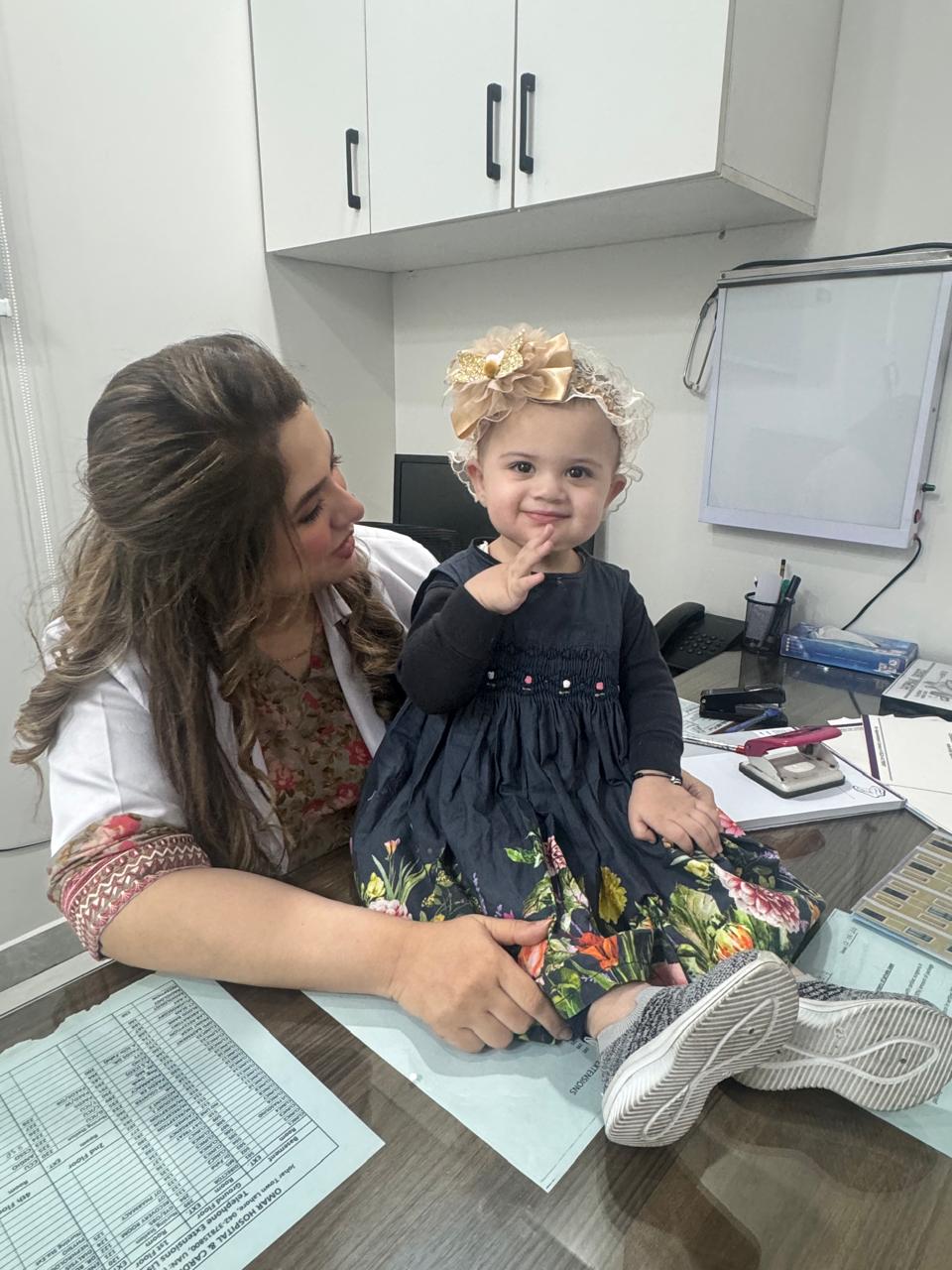Genetic Screening Before Next Pregnancy: A Smart Step Toward a Healthier Future
Planning your next pregnancy? While folic acid, diet, and timing are often discussed, one essential step is frequently overlooked: genetic screening before the next pregnancy. This proactive measure can help identify potential risks, offer peace of mind, and prepare you and your healthcare provider to make informed decisions.
In this article, we’ll explore why genetic screening matters, who should consider it, what conditions it can detect, and how it helps ensure a healthier outcome for both parents and baby.
🧪 What Is Genetic Screening?
Genetic screening is a test that analyzes your DNA to assess your risk of passing inherited conditions to your future children. It doesn’t diagnose a disease but identifies whether you or your partner carry genetic mutations linked to specific disorders.
It is typically performed using a blood sample or cheek swab, often before conception.
👨👩👧 Why Consider Genetic Screening Before Next Pregnancy?
Many couples believe that if their first child was healthy, their next will be too. However, genetic conditions can occur without family history, especially when both parents are silent carriers of the same gene.
Therefore, genetic screening before your next pregnancy offers several benefits:
- 🧠 Informs your reproductive choices
- 👶 Reduces the risk of inherited conditions
- 💊 Enables early diagnosis and treatment planning
- 📋 Guides prenatal testing options (like CVS or amniocentesis)
🩺 Who Should Get Genetic Screening?
While all couples can benefit, genetic screening is especially recommended for:
- Parents with a previous child with a genetic disorder
- Individuals with a family history of inherited conditions
- Couples with consanguineous marriages (e.g., cousins)
- Women who experienced multiple miscarriages or stillbirths
- Parents from ethnic backgrounds linked to specific genetic risks:
- Ashkenazi Jewish (Tay-Sachs)
- African descent (Sickle cell disease)
- Southeast Asian (Thalassemia)
Even so, universal carrier screening is now becoming more common — and more accessible.
🧬 Common Conditions Detected Through Genetic Screening
Carrier screening panels test for dozens to hundreds of genetic conditions. Some of the most common include:
| Condition | Description |
|---|---|
| Cystic Fibrosis | Affects lungs and digestion |
| Thalassemia | Blood disorder causing anemia |
| Sickle Cell Anemia | Causes pain and blood complications |
| Spinal Muscular Atrophy (SMA) | Leads to muscle weakness and loss |
| Tay-Sachs Disease | Causes progressive neurological damage |
| Fragile X Syndrome | Most common inherited cause of intellectual disability |
You and your partner may be tested together or one after the other, depending on results.
🧫 What Happens If You’re a Carrier?
If one partner is a carrier, there is usually no risk to the baby. However, if both partners carry the same gene, there is a:
- 25% chance the baby will be affected
- 50% chance the baby will be a carrier
- 25% chance the baby will inherit no copies
In this case, couples can explore options like:
- In-vitro fertilization (IVF) with preimplantation genetic testing (PGT)
- Prenatal diagnostic tests (CVS or amniocentesis)
- Donor sperm or eggs
- Adoption or early preparation for special medical care
Therefore, knowing your genetic status early offers more choices.
🩺 How Is Genetic Screening Different From Prenatal Testing?
This is a common confusion. While both assess the baby’s health, they’re done at different stages.
| Genetic Screening | Prenatal Testing |
|---|---|
| Done before pregnancy | Done during pregnancy |
| Focuses on parental genes | Focuses on fetal chromosomes |
| Helps plan or prevent genetic conditions | Confirms if baby has a condition |
In some cases, both may be recommended for complete reassurance.
🕒 When Should You Get Screened?
Ideally, before conception. However, if you’re already pregnant, early screening (in the first trimester) is still useful.
The earlier the results are known, the more time you have to consider your options.
Screening results typically take 1–3 weeks.
💰 Is Genetic Screening Expensive?
Cost varies depending on the panel size, lab, and insurance. However, many labs offer affordable options or payment plans, and some governments provide free screening for high-risk populations.
Always check with your doctor or insurance provider.
🧠 Emotional Considerations
It’s natural to feel anxious while waiting for results, but remember:
- Being a carrier is not a diagnosis
- Most people are carriers for at least one condition
- Having information empowers informed decision-making
Support groups, counseling, and genetic counselors are available to help you process your results emotionally and practically.
✅ Final Thoughts: Knowledge Is Power for Parents
In conclusion, genetic screening before the next pregnancy is a powerful step toward protecting your future child’s health. While it can’t eliminate all risks, it offers crucial insights that help you make informed, confident decisions.
If you’re thinking about expanding your family, speak with your OB-GYN or a genetic counselor. A simple test today can safeguard your family’s tomorrow.
